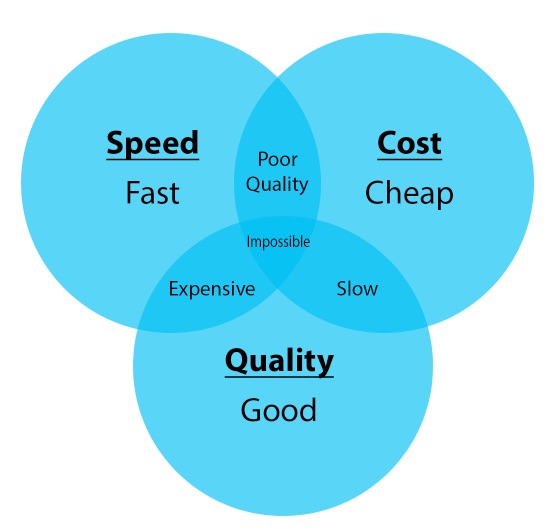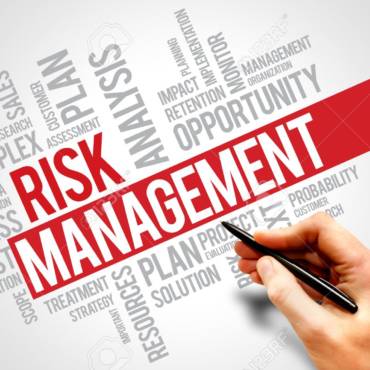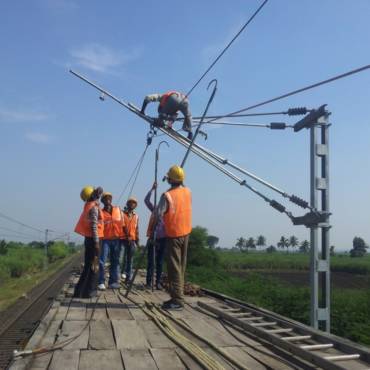Detail budget, resources and timeline
Budget
Budgeting finances for your project begins with the creation of a detailed and accurate forecast of your total anticipated costs. You will want to take every aspect of your project into consideration, consult with others who will be involved, and calculate your figures down to the last penny. This forecast will act as your budget.
Along with your budget, it is good practice to create a contingency fund, to be used in emergency situations such as work delays due to bad weather, underestimated resource costs and issues with suppliers. Your budgetary goal is to complete the project at or below your estimate, without accessing contingency funds. Many project management software applications can help you capture and monitor your budget, as well as track milestones, schedules, risks, etc.
Budgeting and forecasting
Developing good budgeting and forecasting skills can help your business succeed.
Budgeting and business planning
Learn how establishing a budget can help you manage your financial position more efficiently and ensure the feasibility of your projects.
Resources
Resources are the people, materials and equipment that you require to complete your project. Planning properly so that you have your resources where and when needed is an essential component of managing projects. Creating and implementing detailed project schedules, as well as making all involved parties aware of their roles, will also help you keep your resources on time and on task.
A key to managing resources is effective communication. Suppliers, contractors, labourers, managers — every person who plays a role in your project should be completely aware of their respective roles: the what, where, when and how of their tasks. The more you keep your project’s players in the loop, the more likely they can bring the project to a successful conclusion.
Management leadership
Learn how to build strong management for your organization, and to lead by example.
Risks
Any occurrence that is not part of your scope, which has an effect on your project’s budget, schedule or result, constitutes risk. Here’s an example in the house-building context: a miscalculation causes your roofing supplier to provide you with the wrong price for the cedar shingles you ordered for the roof. Recalculation results in your cost being increased by a few thousand dollars.
Incidents like this might seem like a one-time thing. However, if a few unfortunate incidents like this occur, you might suddenly find your project is significantly over budget.
The experienced project manager prepares in advance for project risk. By brainstorming with your project team to identify potential risks, you can develop a plan to deal with many circumstances, should they arise. If you effectively identify and prepare for risk, you can minimize the negative effects when they occur. At the onset of planning your project, it is very important to assess whether or not your stakeholders are prepared to increase your budgeted time, money and/or resources in the event of risk.
Risk management
Identify the risks your business may face and learn to set up an effective risk management program to maximize your chances of success.




